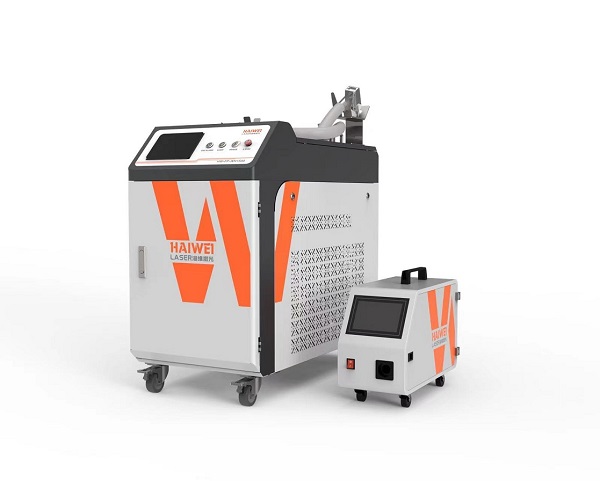The Practicality and Efficiency of Handheld Laser Welding Machines
Designed for Real-World Flexibility
Handheld laser welding machines are gaining adoption across metal fabrication, maintenance, and small-scale production environments. Unlike fixed automation systems, these units combine the precision of fiber laser technology with manual operation, allowing skilled workers to perform high-quality welds in varied positions and locations. The handheld laser welding machine is especially useful where large parts can’t be moved to a welding station.

Ease of Use Without Sacrificing Performance
Modern handheld systems feature intuitive controls and lightweight torches, reducing operator fatigue. Most models support pre-programmed welding parameters for different materials and thicknesses—such as stainless steel, carbon steel, or aluminum—making it easier to maintain consistent results. While not fully automated, they offer better control and cleaner seams than traditional MIG or TIG methods, with minimal post-weld grinding required.
Quick Setup, Low Infrastructure Demand
One major advantage is deployment speed. A typical handheld laser welding machine operates on standard 3-phase power, integrates cooling and control in one cabinet, and requires no complex programming. This makes it suitable for workshops with limited space or those transitioning from conventional welding without investing in full robotic cells.
Balancing Productivity and Cost
These systems bridge the gap between manual welding and full automation. They improve weld quality and reduce rework, which increases throughput over time. However, success depends on proper training and safety measures—including protective enclosures, fume extraction, and certified laser safety eyewear.
Integration Into Existing Workflows
While primarily used as standalone tools, some manufacturers connect handheld laser systems to factory networks for parameter tracking and maintenance alerts. This adds a layer of process control without requiring a complete production line overhaul.
In summary, the handheld laser welding machine delivers practical efficiency by combining laser accuracy with human adaptability—ideal for job shops, field service, and mixed-batch production where flexibility matters most.
Recent Posts
- What are the advantages of laser welding machines in lithium battery pack production lines?
- What issues should be noted when choosing a lithium battery pack production line?
- Quality Inspection and Control of Lithium Battery Module Pack Production Line
- Cell grouping and sorting process in lithium battery module pack production line
- What are the safety hazards of lithium battery pack production lines and how can they be prevented?
INQUIRY

